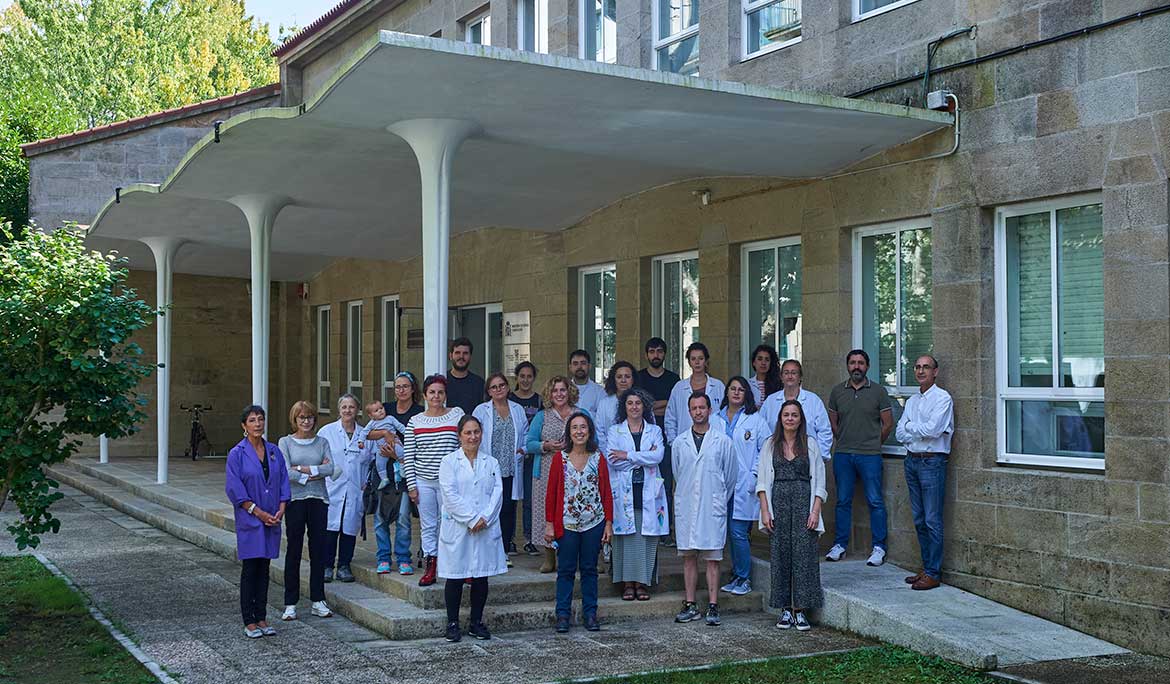Tipo de publicación:
Revistas indexadas en la Web of Science o en SCOPUS
Enlace a publicación:
https://doi.org/10.3390/geosciences10090355
Abstract
Soil properties determining the thermal transmissivity, the heat duration and temperatures reached during soil heating are key factors driving the fire-induced changes in soil microbial communities. The aim of the present study is to analyze, under laboratory conditions, the impact of the thermal shock (infrared lamps reaching temperatures of 100 °C, 200 °C and 400 °C) and moisture level (0%, 25% and 50% per soil volume) on the microbial properties of three soil mixtures from different sites. The results demonstrated that the initial water content was a determinant factor in the response of the microbial communities to soil heating treatments. Measures of fire impact included intensity and severity (temperature, duration), using the degree-hours method. Heating temperatures produced varying thermal shock and impacts on biomass, bacterial activity and microbial community structure.
Grupos:
GRUPO DE REFERENCIA COMPETITIVA DE CONSERVACIÓN Y MEJORA DE SISTEMAS AGROFORESTALES
